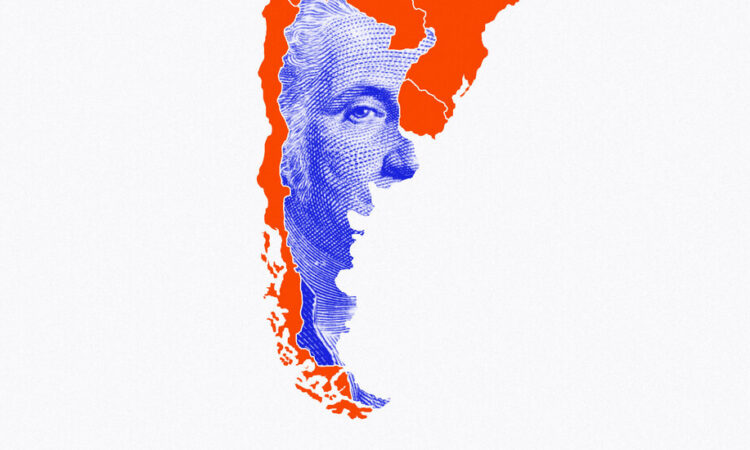
This week I interviewed Iván Werning, an economist at the Massachusetts Institute of Technology who grew up in Argentina and earned his bachelor’s and master’s degrees there before getting a doctorate at the University of Chicago. With two graduate students who are fellow Argentines, he has written two recent papers about dollarization, which he calls a “dangerous delusion,” and has wrestled with opponents on X, formerly Twitter.
Werning isn’t persuaded that dollarization really would tie the government’s hands. In an email to me, he pointed out that Argentina tried once before to link to the dollar, through currency board “convertibility,” but abandoned the program in 2002. “Argentina could reissue the peso in short order, in a manner similar to how its provinces have issued government pesos in the past to pay for bills,” he wrote. Ecuador, he said, has found “creative accounting ways” to loosen the constraint of its dollarization, such as having the central bank finance the treasury.
The Argentine government doesn’t have enough dollars to replace all of its pesos at current exchange rates, even at the unofficial “blue” rate, Werning told me by phone. There are rich people with lots of dollars squirreled away abroad, but that doesn’t help the ordinary Argentine, he said. So in his view, if the conversion were done today, there could be an extreme shortage of money in the economy, which would most likely cause a deep recession because prices and wages would not adjust smoothly to the dollar scarcity. Postponing the conversion could make matters worse, by triggering an anticipatory burst of inflation, he added.
The problem could be solved if Argentina were able to raise more dollars, but in that case it probably wouldn’t need to dollarize in the first place, he said.
Understandably frustrated by years of dysfunction, the Argentine people are looking for a quick fix for inflation, Werning told me. But the quick fix would have bad consequences in the long term, he said. He prefers more conventional solutions such as bringing government budgets closer into balance. On that score, he is slightly hopeful.



